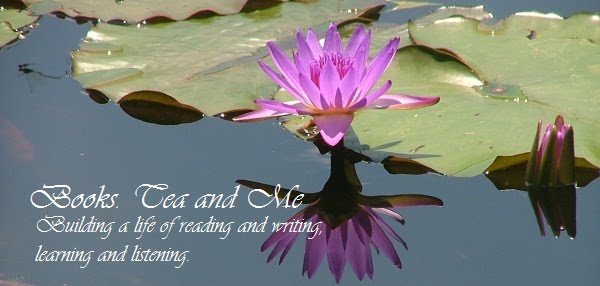 It's the winter school break in my part of the world, a time of slow mornings, snuggling up with a book, a brief two weeks hibernating before launching into the second half of the year.
It's the winter school break in my part of the world, a time of slow mornings, snuggling up with a book, a brief two weeks hibernating before launching into the second half of the year.These are three books I have enjoyed over the past few weeks. I am trying to keep a record of what I've read, and what I thought about the books, in an effort to enhance my reading as an avid bibliophile and aspiring writer. Hopefully these reviews will end up being of interest to someone other than myself, and maybe by then I'll even do a reasonable job of writing them.
World Without End, by Ken Follett, is the sequel to his earlier novel, Pillars of the Earth. Set two hundred years after the cathedral building saga in the first book, it follows the lives of four children who came together in unusual circumstances, then went their diverse ways. It has an interesting plot, with an ongoing mystery which, though seemingly unimportant, affects the lives of many in the course of the story. I pride myself on being pretty good at guessing the mysteries in books and movies, but I did not figure this one out. After reading both these books I am surprised anyone survived the Middle Ages. Between wars, accidents and disease, these books have a very high body count. I enjoyed the detail that Follett has clearly spent a whole lot of time researching. He makes picturing monastary life, or the life of a serf, easy. I don't know if I would have survived a life that difficult, and have a great admiration for my unknown ancestors who did.
I had to read Kate Grenville's The Secret River after reading the blurb on the back. She has written about early convict settlement of Sydney and the Hawkesbury River, a time and place that I have been researching with the ambition of writing a novel. I am not sure how I can possibly do that after reading this book. Kate Grenville is an amazing writer. She tackles the issue of race and colonialism in a compassionate but truthful way. William Thornhill, the main character in this story, is an ordinary person, dreaming of escaping the poverty of his childhood. It was easy to identify with his dreams and fears, which made the climax of the book that much more difficult to read. Kate Grenville has tackled the difficult issue of the appalling treatment of the Aboriginal inhabitants of our continent without whitewashing or trying to downplay the shameful behaviour of the colonists, but at the same time she has made them easy to identify with, leaving the reader wondering how they would have behaved in the same circumstances. Her lyrical description of the river scene, of the Australian bush, reminded me of my own love for the bush. I loved this book, even though it left me feeling entirely inadequate as a writer. I am looking forward to one day getting a copy of her memoir, Searching for the Secret River.
Over the weekend I read Angela's Ashes, a memoir by Frank McCourt. This book has been widely acclaimed, winning a Pulitzer Prize as well as a spot in the Oprah Book Club. It's another amazing book, detailing McCourt's childhood first in America and then in poverty stricken Limerick. There is tremendous sadness in this story, the thought that any child had to endure such poverty is galling. However McCourt's Irish sense of humour shines through, and had me laughing aloud at some points. The story of his First Communion had me in stitches. It's an amazing story of survival, of terrible defeat and how hope can prevail.





No comments:
Post a Comment